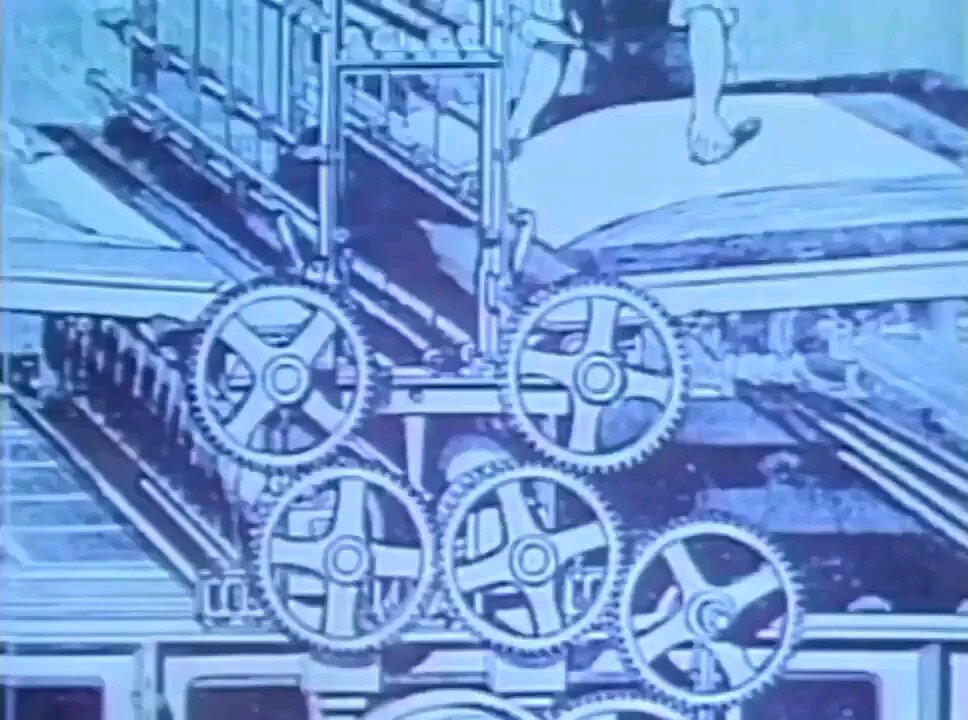Premium Only Content

Karl Marx's Theory of Materialism
Karl Marx's Theory of Materialism: Shaping Society Through Material Conditions
Karl Marx's theory of materialism stands as a cornerstone of his thought, profoundly influencing his analysis of society, history, and economics. At its heart, Marxist materialism posits that the material conditions of life – specifically, the ways in which humans produce and reproduce their existence – are the primary determinants of social organization, historical development, and even human consciousness. This perspective stands in direct opposition to idealist philosophies, which emphasize the primacy of ideas, consciousness, or spirit.
Marx's materialist theory is most prominently articulated in his concept of historical materialism. This framework understands history not as a linear progression of ideas or the actions of great individuals, but as a dynamic process driven by changes in the mode of production.
The mode of production consists of two key components:
* Forces of Production: This includes the tools, technology, raw materials, and labor power used in production.
* Relations of Production: This refers to the social relationships people enter into as they acquire and use the forces of production. This includes relationships between owners and non-owners of the means of production, as well as the divisions of labor.
According to historical materialism, the forces and relations of production form the economic base of society. This base, in turn, shapes the superstructure, which comprises a society's non-economic institutions, such as its legal system, political structures, religion, philosophy, and culture. While the superstructure can influence the base to some extent, the ultimate determinant is the economic foundation. As Marx famously stated, "It is not the consciousness of men that determines their being, but, on the contrary, their social being that determines their consciousness."
Within this materialist framework, class struggle is identified as the engine of historical change. As the forces of production develop, they can come into conflict with the existing relations of production. This creates tensão and conflict between social classes, whose interests are defined by their relationship to the means of production. For instance, in a capitalist society, the fundamental contradiction lies between the bourgeoisie (owners of the means of production) and the proletariat (the working class). This inherent conflict drives societal transformation, potentially leading to revolutions and the emergence of new modes of production and corresponding social structures.
Historical materialism is closely linked to dialectical materialism, a philosophical approach that views the world as constantly changing and developing through the resolution of internal contradictions. While dialectical materialism provides a broader philosophical foundation, historical materialism applies this dialectical method to the specific realm of human history and social development, emphasizing the role of material and economic factors in this process.
Marx's theory of materialism provides a powerful lens for analyzing how the practical necessities of human survival and reproduction shape the entirety of human society. It highlights the fundamental role of economic activity in driving historical change and understanding the dynamics of class relations and social structures.
FOLLOW ME HERE ↩️
Twitter / 'X' - https://twitter.com/haa__cham?t=dQ7ueM8Or6RiIPFnTSOUbA&s=09
Instagram - http://www.instagram.com/haa__cham
Threads - https://www.threads.net/@haa__cham
Facebook - https://www.facebook.com/profile.php?id=100094028316135&mibextid=ZbWKwL
TikTok - http://tiktok.com/@haa_cham
Telegram - https://t.me/thatguyhaa
Spotify Playlist - https://open.spotify.com/playlist/3OdVRG7KLfNFMWJBZRTtFT?si=x6h4OmivQWCRIxZgDXtSpQ&utm_source=copy-link
IMDb User Page - https://m.imdb.com/user/ur149990829/?ref_=nv_usr_prof_2
-
 2:56:44
2:56:44
TimcastIRL
6 hours agoNBA Games RIGGED, 34 Indictments, Democrat Calls It TRUMP'S REVENGE | Timcast IRL
229K107 -
 2:54:13
2:54:13
Laura Loomer
5 hours agoEP152: Texas Man Arrested For Threatening To Kill Laura Loomer
31.1K27 -
 1:34:02
1:34:02
Man in America
9 hours agoEXPOSED: What the Vatican, CIA, & Elites Are HIDING About True Human Potential
44.1K23 -
 3:18:12
3:18:12
Barry Cunningham
6 hours agoJOIN US FOR MOVIE NIGHT! TONIGHT WE FEATURE THE MOVIE RFK LEGACY!
54.5K23 -
 1:13:42
1:13:42
Sarah Westall
6 hours agoHow Bitcoin was Hijacked, Palantir is a Deep State Upgrade & more w/ Aaron Day
33.8K6 -
 15:59
15:59
ArynneWexler
9 hours agoAll The Reasons You're Right to Fear Zohran Mamdani | NN6
19.7K3 -
 LIVE
LIVE
Side Scrollers Podcast
13 hours ago🔴FIRST EVER RUMBLE SUB-A-THON🔴DAY 4🔴BLABS VS STREET FIGHTER!
1,426 watching -
 2:52:41
2:52:41
DLDAfterDark
5 hours ago $2.91 earnedGlock's Decision - How Could It Impact The Industry?
26.5K3 -
 25:57
25:57
The Kevin Trudeau Show Limitless
1 day agoThe Sound Of Control: This Is How They Program You
46K10 -
 8:29
8:29
Colion Noir
15 hours agoThree Masked Idiots Show Up at Her Door — Here’s What Happened Next
52.1K29